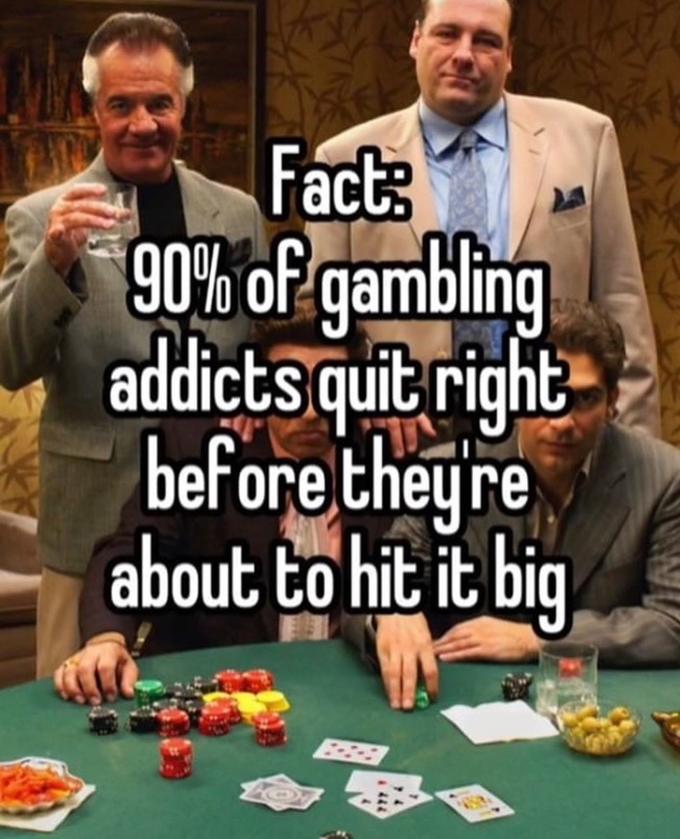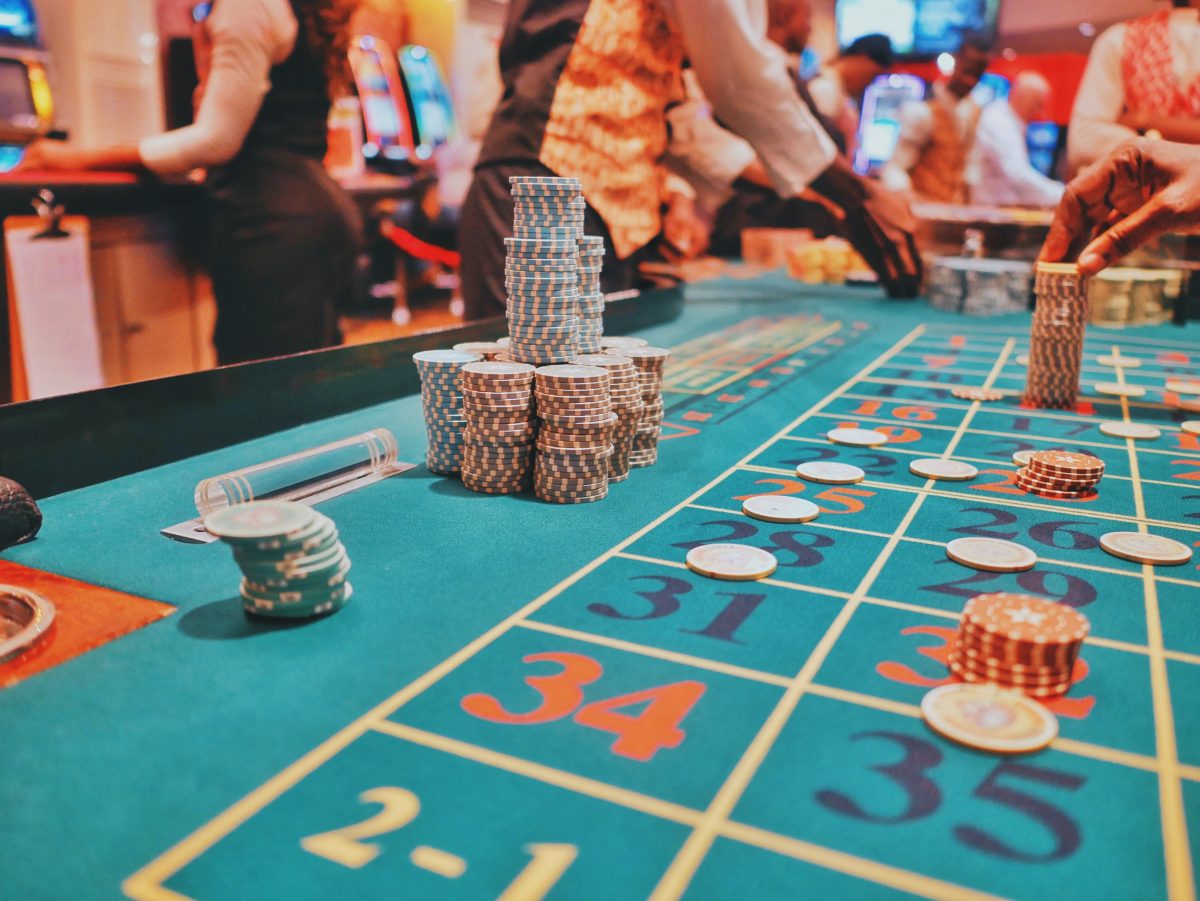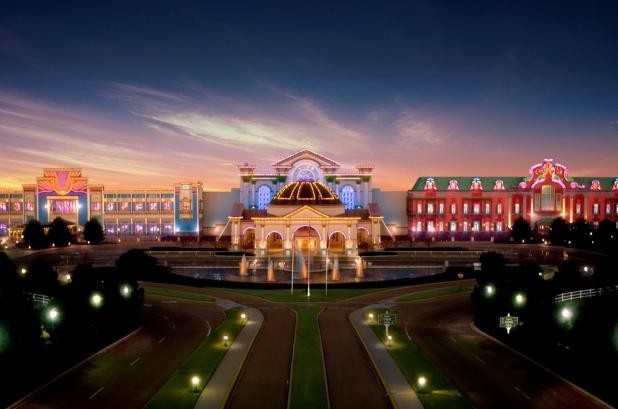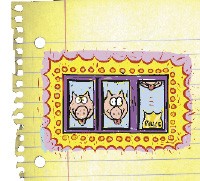Tennessee gambling experts are dispelling a myth that has been spread by a viral meme they say contains “potentially harmful information about gambling odds.”
Experts from the Tennessee Institute for Gambling Education and Research (TIGER) explain that the meme, which features the cast of The Sopranos around a poker table, states “fact: 90 percent of gambling addicts quit right before they’re about to hit it big.”

“The circulating meme and the study it references are entirely fabricated and lack any evidence to support their claims,” said Dr. James Whelan, professor and director of TIGER.
TIGER, which was founded in 1999, has treated “more than 1,200 Tennesseans with gambling disorders,” said a statement released by the clinic. There are currently two clinics for in-person treatment, with one at the University of Memphis and the other at East Tennessee State University. The clinic is funded by the Tennessee Department of Mental Health.
More than 250,000 Tennesseans experience gambling disorder symptoms according to information released by the clinic. They also said that nine out of 10 individuals with a gambling problem never seek treatment.
The clinic explains they are not “anti-gambling” and that they “maintain a neutral stance” toward those who do gamble. However, they said they do advocate for the truth. They explained that the study the meme referenced was meant to be satirical.
“While it may have been created with the intention of humor, the truth is that this ‘statistic’ is not only entirely false but also poses a potential risk to individuals affected by gambling addiction.”
The clinic stated the meme is harmful for multiple reasons as it seems to not only negate the fact that gamblers who do not quit are more likely to develop an addiction, but it also perpetuates an “unfounded statement.”
“Various surveys and statistics show that the odds are stacked against gamblers, with only 13.5 percent of players leaving a casino with any profit at all,” the clinic said.
Whelan also said the chances of winning big are even slimmer. Information released by the clinic stated that commercial casino gaming revenue reached approximately $41.7 billion in 2018. They said profits “stem from the losses incurred by players.”
“The reality is that hitting the jackpot isn’t a likely outcome for most individuals who step foot inside a casino,” said the clinic. “The odds are deliberately stacked in favor of the house. The more you play, the more the mathematics work against you, increasing the likelihood of leaving the casino with less money than you initially brought.”
The American Gaming Association’s (AGA) Commercial Gaming Revenue Tracker provides cumulative data on the United States’ commercial gaming industry by state. The most recent information is from April 2023. According to this data, Tennessee’s April gaming revenue was $34.3 billion.



 Greg Cravens
Greg Cravens